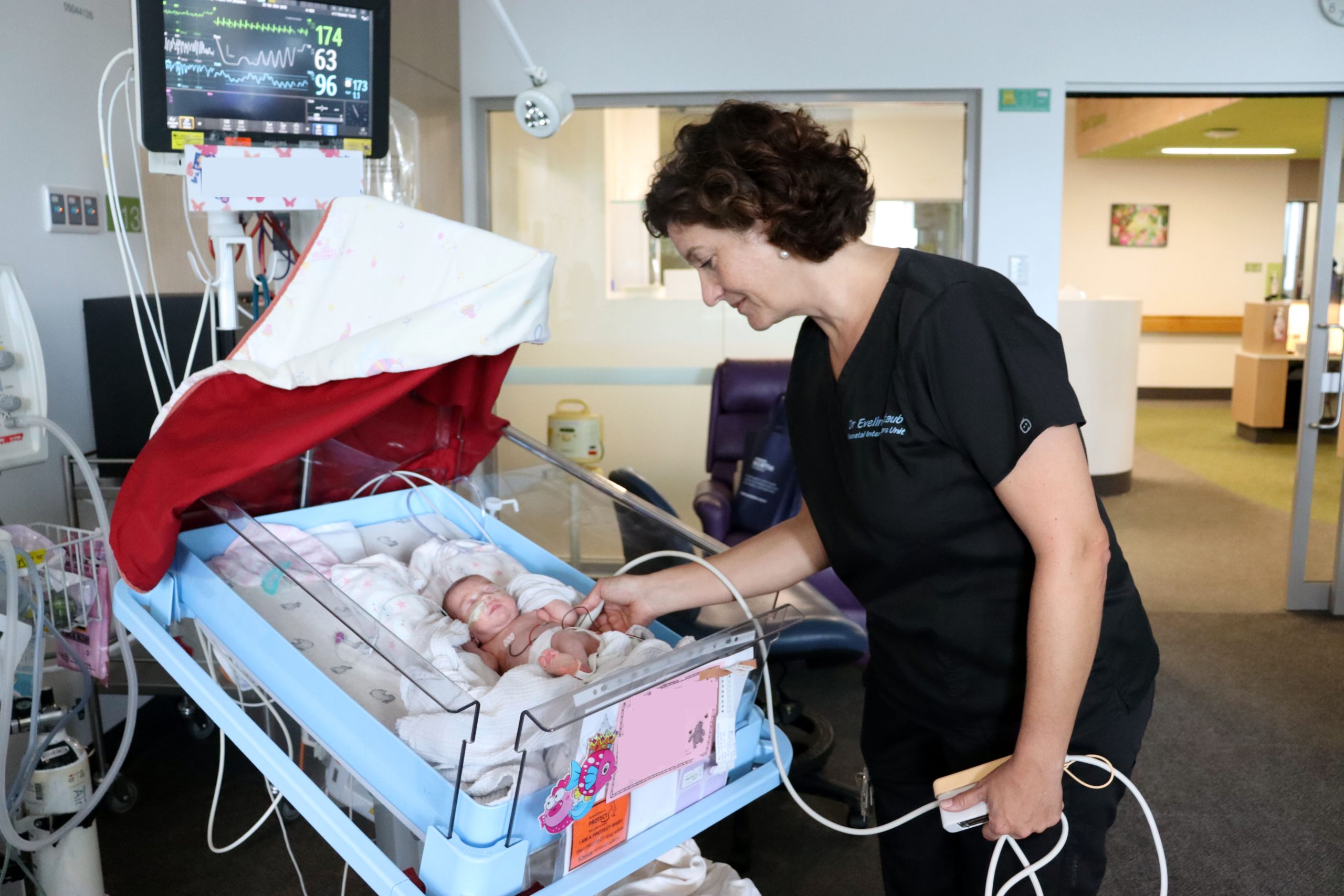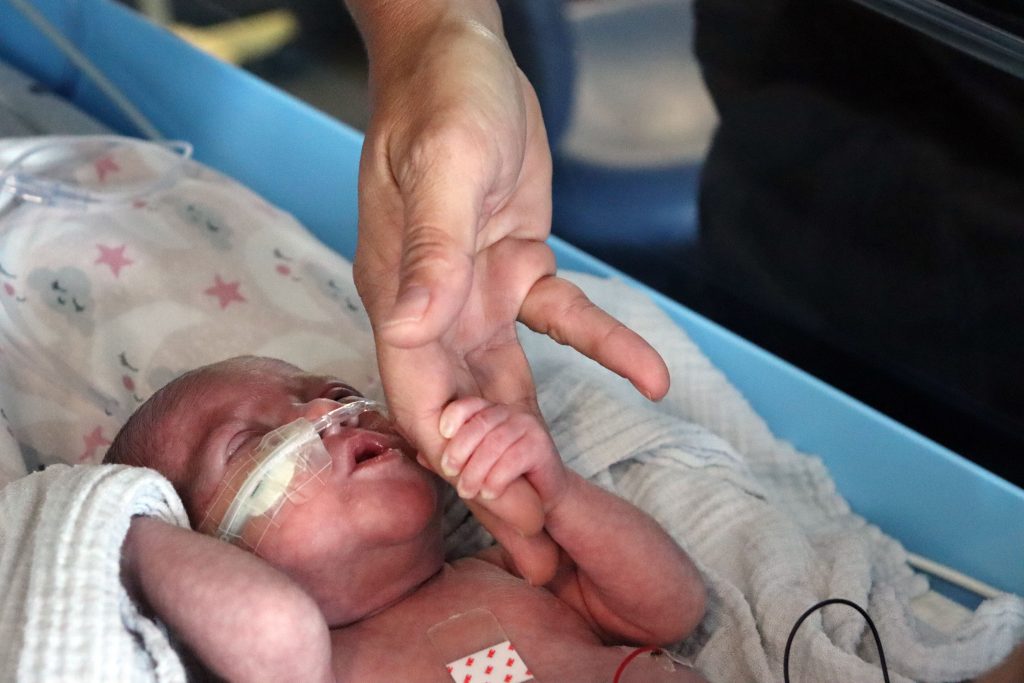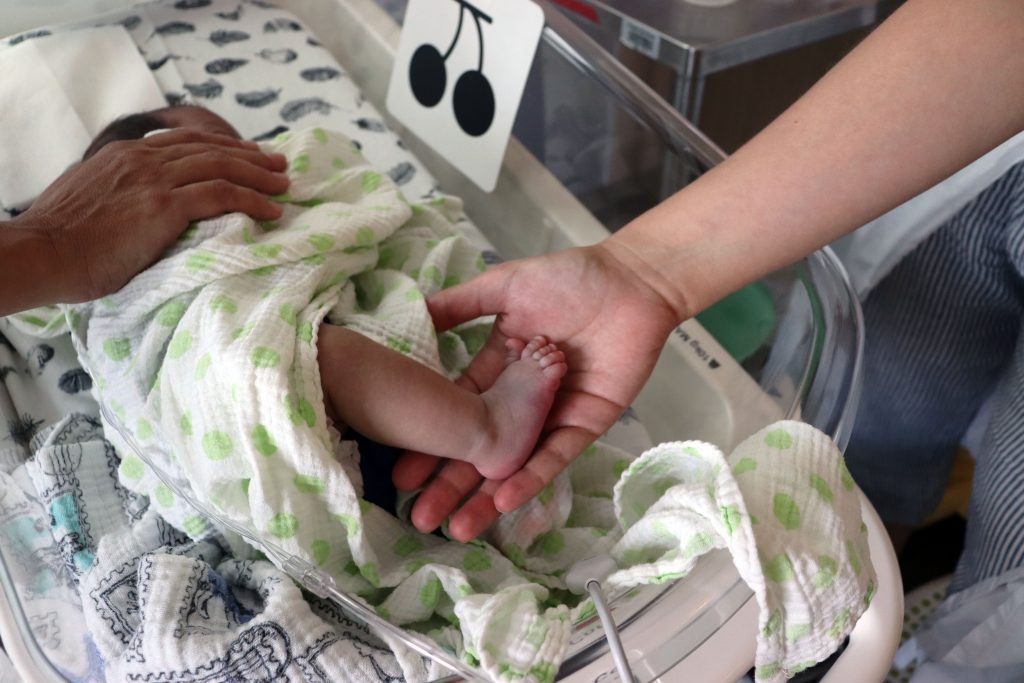
This year’s theme for International Women’s Day is “Invest in women: accelerate progress” and within the Northern Sydney Local Health District (NSLHD), we are celebrating and highlighting the talented women who are leaders in their field of medicine, working tirelessly to improve the health and wellbeing of our community.
Dr Eveline Staub is head of the neonatal intensive care unit (NICU) at Royal North Shore Hospital (RNSH) and leads a team of 20 doctors and over 120 nursing staff and allied health care professionals who work with some of the tiniest and most vulnerable patients imaginable while also caring for their families.
Not only is Dr Staub a specialist in general paediatrics, neonatology and paediatric intensive care, she is a mother to her 12-year-old daughter and understands the importance of a family-friendly workplace. In her role, she actively mentors and empowers other women with children to achieve their dreams and become strong leaders.
“I had bosses who did exactly this and as a boss myself, I try to do the same by implementing policies to support my staff to thrive both at work and at home,” said Dr Staub.
When Dr Staub started practising 18 years ago, the youngest babies she would look after were born at 25 weeks. Treating babies born at 24 weeks was the exception. Now due to advanced technologies and improved practices, even the tiniest of premature patients born at 22 weeks can survive their initial NICU stay, and many grow up to lead relatively healthy lives.
Nearly 1 in 10 babies (8%) are born prematurely (less than 36 completed weeks).
 However, studies have shown that teenagers and young adults who were born pre-term are increasingly developing longer-term cardiac risk factors such as hypertension at a significantly earlier age than those born at term. Even babies who are born just a few weeks before their due date are more likely to suffer and die from cardiovascular disease as adults compared to full-term babies.
However, studies have shown that teenagers and young adults who were born pre-term are increasingly developing longer-term cardiac risk factors such as hypertension at a significantly earlier age than those born at term. Even babies who are born just a few weeks before their due date are more likely to suffer and die from cardiovascular disease as adults compared to full-term babies.
Dr Staub is driving a research project which focuses on whether small babies have not developed as many small blood vessels as a full-term baby in the outer most rim of the kidneys by the time they are born which makes them more prone to high blood pressure.
“Pre-term babies do have higher blood pressure, more heart disease, and more kidney disease when they grow up. There has been speculation as to why that is, and we are now trying to see this while it is happening as they grow. We’ll be able to monitor what is happening with the small blood vessels and we think this is one of the reasons they end up with high blood pressure and heart disease,” explained Dr Eveline Staub. “For the rest of their lives, they have less blood vessels and kidney tissue than those born full term as they aren’t compensated as they age.”
By a series of chance encounters, Dr Staub came across a new method of sonography – a doppler which measures blood flow in the smallest of blood vessels. The ultrasound technique is safe and non-invasive for vulnerable newborn babies, performed at the bedside and therefore well accepted by parents.

The aim is to study 75 babies and monitor their health until they are adolescents. Eventually, this study will not only help raise awareness that prematurely born individuals need lifelong blood pressure and heart health monitoring, but hopefully help prevent these late adverse outcomes.
As gestation periods are not routinely recorded on health records, Dr Staub stresses the importance for young adults born prematurely to raise this with their healthcare providers. This discussion can lead to early detection and management of cardiovascular issues, ensuring better long-term heart health.
Additional funding is urgently required to create long-term impact for this project. If you would like to support important research into the health and development of pre-term babies, please make a tax-deductible donation here.

